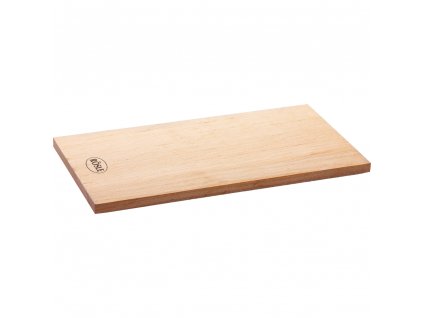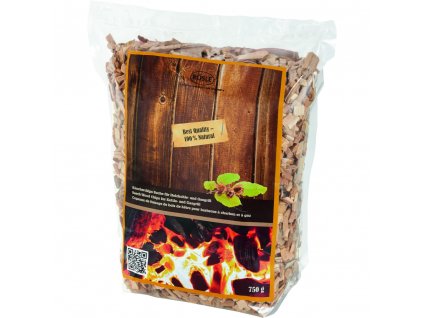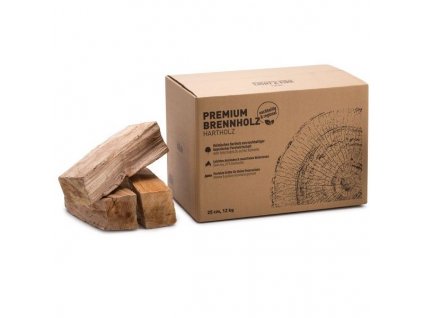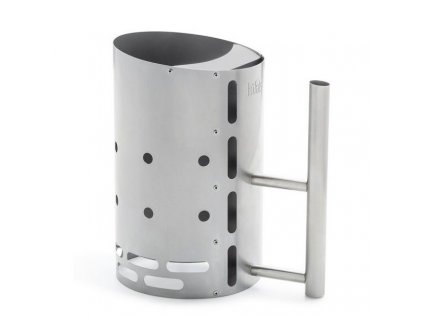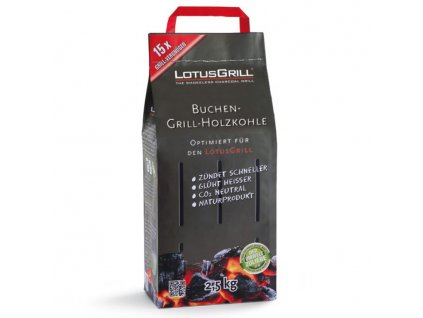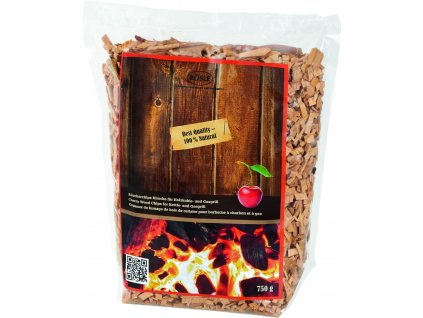Charcoal, briquettes & fire starters
Charcoal, briquettes & fire starters – your must-have companion for your outdoor picnics
Many people like grilling in the summer but starting a fire can sometimes be difficult. That's where fire starters and charcoal briquettes come in. But what is the difference between charcoal and briquettes in grilling?
Differences between grilling with charcoal and briquettes.
Grilling with charcoal:
- Composition: Charcoal is made by burning wood in the absence of oxygen, a process known as pyrolysis. This results in a carbon-rich material with minimal moisture and volatile compounds.
- Appearance: Charcoal typically comes in irregular shapes and sizes, resembling charred wood.
- Lighting: Charcoal tends to light more quickly and easily than briquettes due to its lower density and lack of binding agents.
- Burn Time: Charcoal burns hotter and faster than briquettes. It produces a higher amount of heat, making it ideal for searing meats and achieving a quick cook.
- Flavour: Since charcoal is essentially charred wood, it imparts a more natural and subtle smoky flavour to food compared to briquettes.
- Ash Production: Charcoal produces less ash than briquettes, which means less cleanup is required after grilling.
- Versatility: Charcoal is suitable for high-temperature grilling and quick cooking sessions. It's often favoured by purists and those who prioritize flavour over convenience.
Grilling with charcoal briquettes:
- Composition: Charcoal briquettes are made from a mixture of charcoal powder, coal, starch binder, and other additives. This mixture is compressed into uniform shapes.
- Appearance: Briquettes are uniform in size and shape, usually cylindrical or pillow-shaped.
- Lighting: Briquettes can take longer to light due to their denser composition and binding agents. Some briquettes are pre-soaked in lighter fluid to aid ignition.
- Burn Time: Briquettes burn at a steadier and more consistent rate than charcoal. They tend to produce a more stable, even heat over a longer cooking period.
- Flavour: Briquettes may contain additives that affect flavour, and some people find that they produce a slightly chemical taste. However, many manufacturers now produce briquettes with minimal additives to mitigate this issue.
- Ash Production: Briquettes tend to produce more ash compared to charcoal. This can lead to more frequent ash cleanup during extended grilling sessions.
- Consistency: Due to their uniform composition, briquettes provide more predictable heat and burn characteristics, making them a reliable choice for longer cooks.
- Convenience: Briquettes are convenient to use, especially for slow and low cooking sessions, as they offer more consistent heat over a longer period.
In summary, the choice between using charcoal or charcoal briquettes largely depends on your grilling preferences and the type of cooking you plan to do. Charcoal is favoured for its natural flavour and high heat output, while briquettes offer consistency and longer burn times. Some brands offer higher-quality briquettes with fewer additives, aiming to provide a better flavour while maintaining the convenience of longer burn times.
In Kulina, you can also purchase other grilling accessories like BBQ utensils, BBQ grids or special BBQ dishes.


